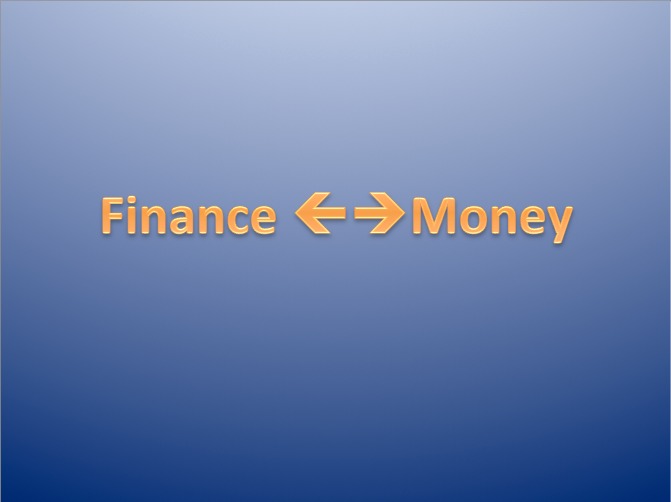When you hear the phrase “fintech”, you probably immediately think about financial services companies that use technology to simplify or automate the entire process. Examples include mobile payment services, peer-to-peer payment services, automated portfolio managers, and trading platforms like Robinhood. In some cases, cryptocurrency trading is a fintech. Let’s take a closer look at the definition of fintech. It’s a company that creates new technologies to improve the traditional financial services process.
Fintech is an umbrella term used to describe several industries and sectors. Bitcoin, for example, is a prominent example of fintech, and is the first widely recognized application of blockchain technology. Bitcoin came into existence in 2008 when a developer by the name of Satoshi Nakamoto posted a white paper on an online forum. Today, Bitcoin is a widely accepted and widely used form of digital currency. Originally, a person publishing the paper was anonymous, and a few years later, the technology was adopted by a global audience.
Despite these benefits, a key difference between Bitcoin and blockchain technology is the type of decentralized system it uses. Blockchain technology allows for a decentralized network, which is essential for digital currency transactions. No third party inputs are required, and changes to encrypted data are overseen by a network of participants. This means that the technology is decentralized, which eliminates many of the issues that a centralized system has with clearing and settlement processes.
Blockchains are a kind of decentralized distributed ledger. They are essentially digital ledgers that record transactions. Each block is secured and linked with cryptography. Blockchains are part of fintech, and are revolutionizing the financial sector. With this new technology, people can now easily convert bitcoins into US dollars, British pounds, and even Euros. It also provides the means for prepaid debit cards. As the technology becomes increasingly mainstream, it is likely to revolutionize the entire financial industry.





